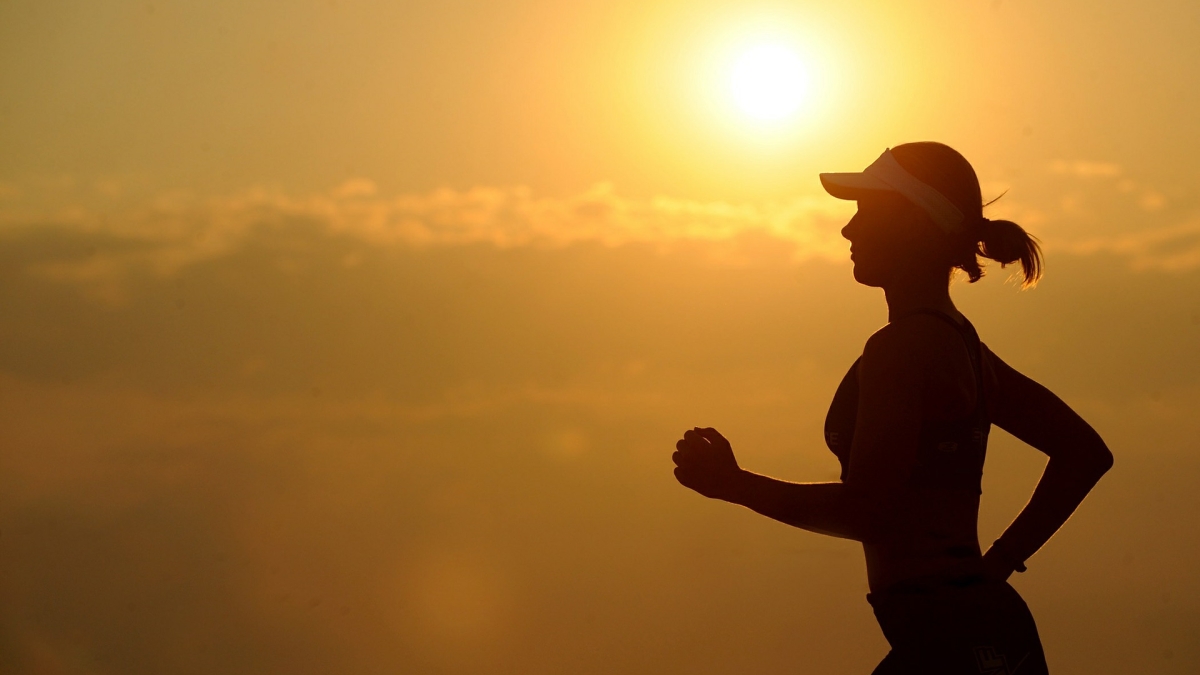There are myriad health benefits to getting a good night’s sleep, but doing so isn’t always easy.
Matthew Buman, associate professor in the College of Health Solutions at Arizona State University, studies the effects of sedentary behavior on health and shares with ASU Now why being physically active during the day can lead to a more restful night.
Question: What health benefits can be derived from getting a good night’s sleep and limiting sedentary behavior during the day?

Matthew Buman
Answer: It turns out that optimal sleep duration and quality, as well as getting adequate physical activity during the day, impact many of the same health outcomes, and these are numerous. Some of the most prominent ones are heart disease, diabetes and even some cancers.
We often think about sleep and activity as two very different behaviors, but in reality they are tightly connected and can be synergistic (i.e., when one is improved, the other is as well). Everyone should consider the quality of both their physical activity and sleep when they take steps to improve their health.
Q: How does physical activity support healthy sleep habits?
A: Research consistently shows that physical activity levels that meet or exceed national guidelines of 150 minutes per week of moderate to vigorous physical activity are sufficient to modestly improve overall sleep quality, particularly improving feelings of overall restfulness and number of awakenings throughout the night. This also tends to be particularly true for individuals that have mild or moderate sleep troubles as well as older adults, who also tend to report poorer sleep overall.
Of course, physical activity has a multitude of other health benefits, so as sleep improves, an individual's risk for many other diseases decreases, including cardiovascular diseases, diabetes and some cancers, to name just a few.
The exact reason why physical activity improves sleep is not fully known, but it likely has to do with the mood-enhancing effects of physical activity, which in turn can improve sleep.
Q: For people who struggle with insomnia or other sleep challenges, can physical activity help them to sleep better?
A: It is likely that sleep can be modestly improved by physical activity, even among those with sleep disorders like insomnia. However, because the effect of physical activity on sleep is only modest, it is important that individuals with more significant sleep problems see a health care provider to address these issues.
Q: Do people who are more sedentary during the day require less sleep than those who are physically active?
A: This is an interesting question. It turns out that those who are more physically active actually tend to get more sleep than those who are physically inactive. However, they also tend to have better sleep quality, which at times may mean that they are in bed less time, even though they are sleeping more. In other words, they spend less time in bed awake.
Evidence is now also emerging that individuals who sit for extended periods of time, independent of physical activity, also have worse and shorter sleep.
Top photo courtesy of Pixabay.com
More Health and medicine

College of Health Solutions alumnus named Military Medic of the Year
By Keri Hensley and Kimberly LinnJonathan Lu has looked out for the health of his fellow military service members his whole career, starting with his role as a combat medic in the U.S. Army.Driven by…

ASU, Mayo Clinic forge new health innovation program
Arizona State University is on a mission to drive innovations that will help people lead healthier lives and empower health care professionals to develop novel new health solutions. As part of that…

Innovative, fast-moving ventures emerge from Mayo Clinic and ASU summer residency program
By Georgann YaraIn a batting cage transformed into a custom pitching lab, tricked out with the latest in sports technology, Charles Leddon and his Mayo Clinic research teammates scrutinize the…
